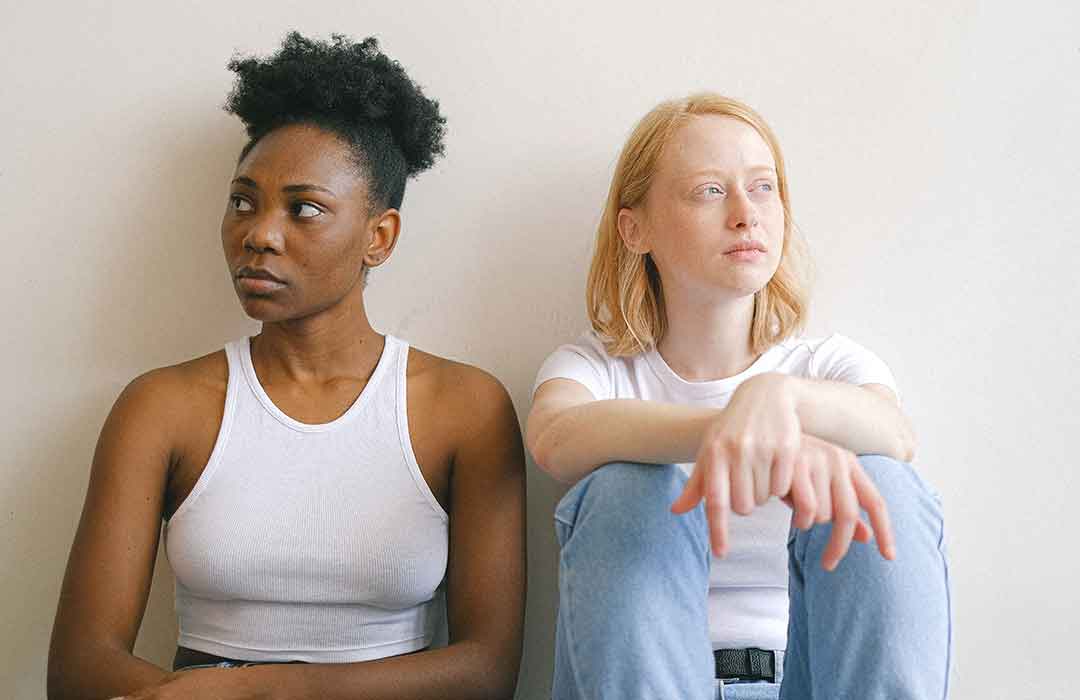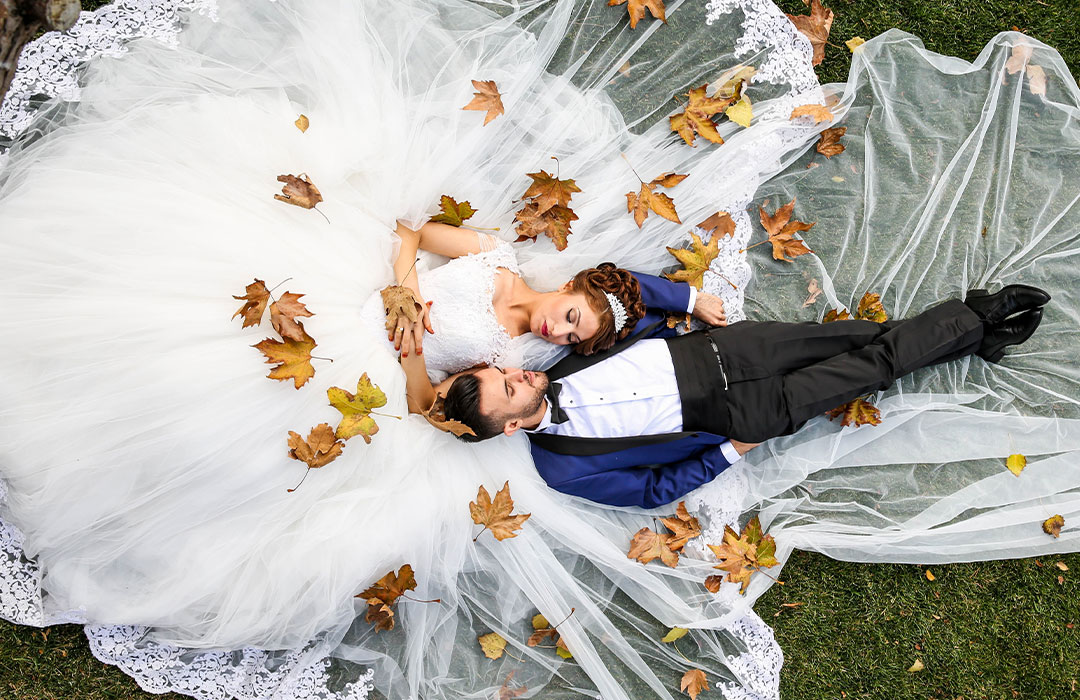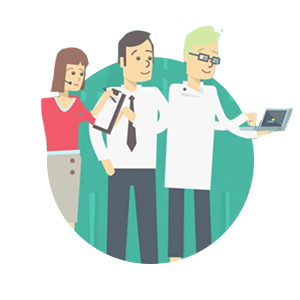Couples Therapy: Professional Relationship Help
What Is Couples Therapy?
Couples therapy, also known as relationship counseling, is designed to help couples fix or improve their relationship—whether they be married, engaged, or dating. When the couple is married, couples therapy might also be referred to as marriage counseling.
Couples therapists can help couples who have more serious issues as well as those who would simply like to strengthen certain areas of their relationship. This journey can involve tough, yet productive conversations about your relationship, which requires you to talk to your partner in a respectful, patient manner. Your therapist will be by your side to guide and support you through these conversations.
Couples therapists have skills, training, and experience that are specific to working with couples. Often, these professionals are Licensed Marriage and Family Therapists (LMFTs) who aim to help their clients resolve their conflicts and ultimately make their relationship work.
How Does It Work?
Counselling for relationships is growing increasingly popular. Every year, thousands of couples begin relationship counseling. They enter with hopes that therapy will help them work through their day to day problems and improve their overall relationship.
While a couples counselor’s approach to therapy may vary, couples therapy sessions typically revolve around the following three elements:
- A focus on specific issues, such as jealousy or codependency. Other common issues include a dissatisfied sex life, financial distress, and poor communication.
- Change-oriented interventions, which will guide the two partners to better relationship satisfaction.
- A clear outline of treatment objectives to track progress and paint a clear picture of where the couple is headed.
Your counselor might ask that you and your partner attend a couple of individual therapy sessions, too. This will enable them to get to know you both on an individual level and assess each of your personal needs. Then, they can develop the best plan for moving forward.
Couples therapists pull from different approaches to therapy, including emotionally focused therapy and the Gottman Method (as developed by John Gottman). These decisions are based on the couples’ specific needs.
Who Should Seek Couples Therapy?
Couples counselors hope that couples therapy (or relationship counseling) will yield happy couples. Your counselor will tailor your sessions to fit your needs and goals for counseling. If you and your partner think you could benefit from working with a professional, this service can prove valuable.
For example, couple counseling can help you address and/or move forward from issues like:
- Jealousy
- Opposing values
- Different visions for the future
- Disagreements in parenting
- Lack of trust
- Financial distress
- Infidelity
All of these issues rightfully warrant couple counseling. Remember that there are many other instances when seeking professional help in your relationship is necessary and beneficial, too.
Even if you don’t think it is a serious issue, a couples counselor can help you to put the issue to bed and improve the quality of your relationship.
5 Ways to Encourage Your Partner to Attend Counseling
Yes, counselling for relationships is helpful and beneficial. However, there is no “trick” for getting your partner to join you in couple counseling or marriage therapy. While the following tips may help you to encourage your partner, they are not forms of manipulation.
If your partner feels hesitant about seeking couples counseling, here are a few guidelines to follow in encouraging your spouse to join you in couples counseling:
- Show signs of change, yourself. Oftentimes, when someone avoids couples counseling it’s because they don’t think it will be effective in facilitating real change in their partner or relationship. Counter this worry by helping your partner to see that you’re not only willing to change, but also that you have already begun improving yourself. Going to counseling on your own is a good way to show that you are serious about committing to a self-improvement process.
- Stress that you and your partner are in this together. Remind your partner that, while your relationship has difficulties, you want to work with him or her to improve the relationship together. Show solidarity and an openness to do whatever is necessary for a healthy, happy partnership.
- Explain to your partner that the counselor is a neutral party. If you have spoken with a couples counselor by telephone, or perhaps even met with a counselor in-person, make sure that you stress their neutrality to your partner—explain that the counselor is by no means “on your side,” but will work with both of you impartially. Alternatively, offer to see a new couples counselor that neither of you have had contact with.
- Prompt them to consider the rewards of couples counseling. If you suggest couples counseling, your partner may have some resistance because it was “your idea.” Help to make couples counseling a shared idea by asking your partner, “Hypothetically, if we were to go to couples counseling, what would you most want to get out of our sessions?” This question may also help your partner to begin thinking about his or her potential gains from couples counseling.
- Talk about “even if.” Your partner may say that he or she doesn’t want to go to counseling because there is no hope for the relationship. You can respond to this argument by using “even if.” The idea here is that “even if” the relationship has “no hope,” counseling can still help the two of you to part on good terms and may help each of you to learn from the experience so that you don’t make similar mistakes in future relationships.
Quick Facts About Couples Therapy
- Couples counseling can help couples grow and improve the quality of their relationship.
- Couples counseling is more effective when problems are addressed early on.
- It is also more effective when couples feel hopeful about the process and the future of their relationship.
- Many couples are reluctant to try couples counseling, due to stigma, shame, or reluctance to take responsibility for their challenges.
- Often there is one partner who is hesitant to try couples counseling and needs some encouragement.
- Sometimes, couples counseling helps people realize that they don’t want to pursue a future with each other.
- In any case, couples counseling assists individuals in addressing and managing the problem areas in their relationship.
Is There Couples Counseling and Therapy Near Me?
“Is there couples therapy near me?” This is a question that many couples around the country are asking. Their next question might be, “Do they have availability?” If you’re asking these questions, Thriveworks is happy to say that we can help.
If your relationship is in discord, feel free to reach out to Thriveworks to schedule a couples therapy appointment. We offer a growing network of 1000+ therapists and licensed clinical psychologists at 150+ locations nationwide. These professionals have gone through a rigorous screening process and are focused on providing high-quality mental health services. We also work to get our clients in front of their providers within 24-48 hours—we never operate with a waitlist.
Here at Thriveworks, we have both in-person couples counseling options as well as online couples counseling opportunities. If you’d like to meet with a couples counselor near you, find a local Thriveworks office. You can also call for assistance. If, on the other hand, you’d prefer to meet with an online couples therapist, check out the online couples therapy opportunities at Thriveworks instead.
In either case, a couples counselor can help you improve your relationship.

















